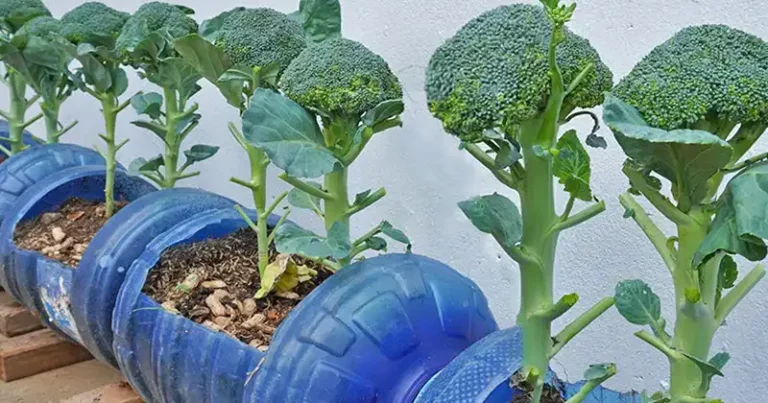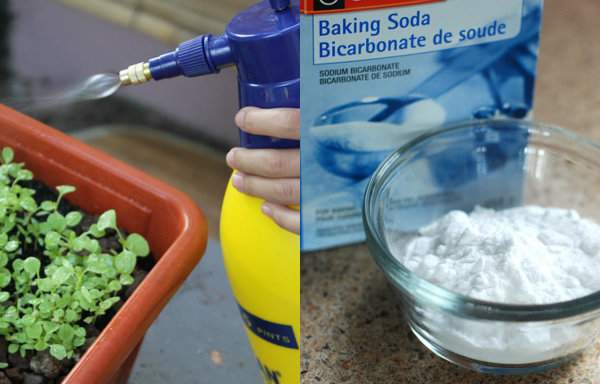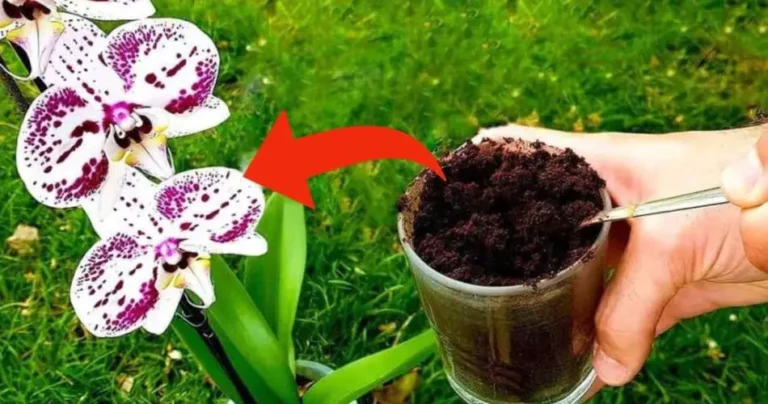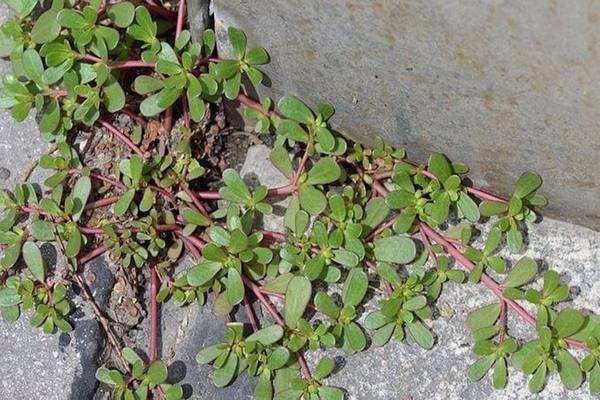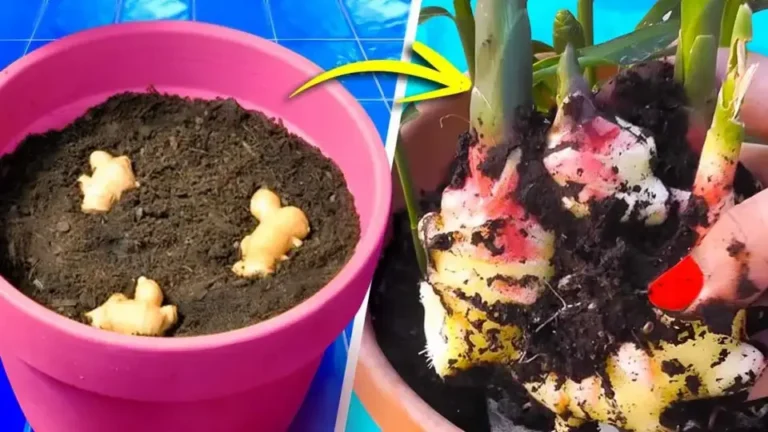Putting a sponge in the fridge: the trick to saving money
How many times do you happen to find rotten fruit or vegetables, even if well preserved in your drawer? Unfortunately, excessive humidity in the refrigerator can ruin food. Mold, bad odors and rot are common. But you can avoid these inconveniences with a simple trick that will save you from unnecessary waste. Find out what this ally is to optimize the preservation of fruit and vegetables.
Why put a sponge in the refrigerator?
Of course, the dishwasher has conquered the scene for a few years, but we must admit that we still struggle to do without this universal sponge, which is still very useful for cleaning various objects in the kitchen. In fact, in addition to cutlery and plates, it is also excellent for cleaning the stove, counter, sink or oven. But against all odds, this sponge can also be used to solve a size problem. Since it is excellent at absorbing moisture, its place in the refrigerator would not be accidental. I’m sure this aspect interests you, but we’ll come back to it.
Of course, most fruits and vegetables should be stored in the refrigerator to keep them fresh, prevent them from ripening too quickly, drying out or spoiling. While we always think they are safe in the refrigerator, it turns out that they sometimes rot and are no longer fit for consumption. This is usually caused by excessive humidity, which causes mold and odors. However, to keep them in good condition and prevent them from rotting prematurely, just place a sponge in the refrigerator. It’s an old grandma’s trick that not only protects food, but also saves money.
Read also: Why do smart housewives put lemon in the sponge for washing dishes? Change everything
Before using this method, it is important to first completely empty the refrigerator and clean it thoroughly to remove all traces of dirt and mold. Then you need to dry it carefully and make sure that all residues of the product used have been removed. For an even more satisfactory result, we recommend placing two clean and dry sponges in the fruit and vegetable drawer. You will immediately notice that they absorb excess moisture and keep food dry longer. Observe the sponges from time to time: as soon as they seem very wet, wring them out, dry them and put them back in their place.
A tip: remember to store fruit and vegetables in separate compartments to avoid premature ripening. The ideal would be to store them in perforated bags through which air can easily penetrate. Additionally, faded leaves and stems should always be cleaned or removed because they deteriorate more quickly.
NB : The best sponges for effectively absorbing humidity are microfibre ones, because they have a higher absorption capacity than others!
Read also: Putting the dish sponge in the washing machine: how to save at the end of the month
.
Other options for dehumidifying the refrigerator
If your refrigerator is constantly plagued by high humidity, there are some tricks you can use, such as sponging. Here are some that will help you protect food from mold and odors.
- Why not opt for a specific dehumidifier
Surely you have a key ingredient in your pantry. It is so important to solve many health problems: baking soda. All these products refresh the refrigerator, absorb moisture and neutralize any unpleasant odors. Ice
You surely have a key ingredient in your pantry. It is so versatile that it solves many problems at home – baking soda. Alone, this product can freshen your refrigerator, absorb moisture and neutralize all annoying odors. Pour a small amount of this white powder into a bowl and install it in a strategic place at the bottom of the unit. You just need to empty it and refill it again after a couple of days. You will be so thrilled with the result that you will apply it often!
Many people aren’t aware of it, but rice also has the ability to absorb moisture. As long as you do this, if you don’t want to invest in a dehumidifier, you’ve just found a perfectly similar and much cheaper alternative. A bowl of rice and hops, the problem is solved!
How long do the most common foods last in the refrigerator?
Name of food Shelf life in refrigerator
Eggs 3 to 5 weeks
Milk 1 to 2 weeks
Raw meat 2 to 3 days Fish 1 to 2 days
Chicken 1 to 2 days
Butter
3 to 4 weeks
Cheese 1 to 2 weeks
Kefir 1 to 2 weeks
Salad 3 to 5 days
Cooked vegetables 3 to 5 days
Read also: Why milk should no longer be cleaned with a dish sponge, you can find out .

